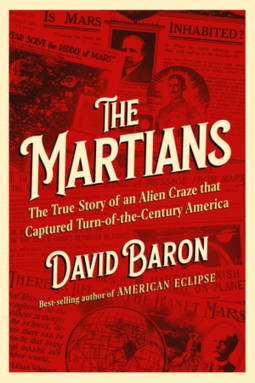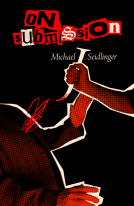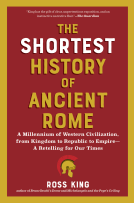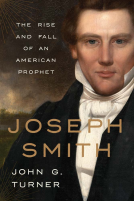The Martians
The True Story of an Alien Craze that Captured Turn-of-the-Century America
by David Baron
You must sign in to see if this title is available for request. Sign In or Register Now
Send NetGalley books directly to your Kindle or Kindle app
1
To read on a Kindle or Kindle app, please add kindle@netgalley.com as an approved email address to receive files in your Amazon account. Click here for step-by-step instructions.
2
Also find your Kindle email address within your Amazon account, and enter it here.
Pub Date 26 Aug 2025 | Archive Date 31 Jul 2025
W. W. Norton & Company | Liveright
Talking about this book? Use #TheMartians #NetGalley. More hashtag tips!
Description
“There Is Life on the Planet Mars” —New York Times, December 9, 1906
The Times headline was no joke. In the early 1900s, many Americans actually believed that we had discovered intelligent life on Mars. The Martians—a truly bizarre tale reconstructed through newly discovered clippings, letters, and photographs by bestselling science writer David Baron—begins in the 1890s with Percival Lowell, a wealthy Harvard scion who was so certain of his Mars discovery that he (almost) convinced a generation of astronomers that grainy telescopic photographs of the red planet revealed meltwater and an intricate canal system, declaring “there can be no doubt that living beings inhabit our neighboring world” (New York Times). So frenzied was the reaction that international controversies arose. Tesla announced he had received Martian radio signals. Biologists debated whether Martians were winged or gilled. Martians headlined Broadway shows, and a new genre called science fiction arose. While Lowell’s claims were savagely debunked, his influence sparked a compulsive interest in Mars and life in outer space that continues to this day.
About the Author: David Baron is an award-winning journalist, broadcaster, and author of The Beast in the Garden and American Eclipse. A former science correspondent for NPR, he has also written for the New York Times, Washington Post, Wall Street Journal, Los Angeles Times, Scientific American, and other publications. David recently served as the Baruch S. Blumberg NASA/Library of Congress Chair in Astrobiology, Exploration, and Scientific Innovation.
Available Editions
| EDITION | Hardcover |
| ISBN | 9781324090663 |
| PRICE | US$29.99 (USD) |
| PAGES | 336 |
Available on NetGalley
Featured Reviews
 Educator 198608
Educator 198608
I have long been fascinated by the character of Percival Lowell, whose staid, scientific exterior only concealed his deep eccentricity. This book dives deeper into his psychology than anyone has ever gone before, and I was sucked in from page one. With cleverly placed historical vignettes reminding us of the times in which Lowell, H.G. Wells, Tesla and others lived as well as delightful anecdotes of the author's travels to various archives, this book keeps up a lively pace and encourages the reader to stay alert as the material slowly grows more and more wild. Although the writing style encourages a broad readership, this book would also be well-placed in a publication like LRB or NYRB due to the unique combination of colorful writing and serious investigation of Lowell's life story. I can't wait to see it published, and I may pick up a print copy to reread!
David Baron's "The Martians" brilliantly captures the electrifying fervor of the early 1900s, a time when the world was gripped by an unparalleled obsession with life beyond Earth. With masterful storytelling, Baron delves into the era's blend of scientific discovery and wild imagination, painting a vivid picture of how the public's fascination with Martians ignited both awe and hysteria. His narrative effortlessly transports readers to a time when telescopes became portals to other worlds, and the line between science and speculation blurred under the tantalizing possibility of extraterrestrial neighbors. This compelling account not only celebrates humanity's relentless curiosity but also underscores how the allure of the unknown can captivate the collective consciousness.
 Kara R, Reviewer
Kara R, Reviewer
An excellent look at the late Victorian / early Edwardian through the lens of the people studying Mars and how it became a part of the shared culture in a way that never really left the public sphere. All sorts of famous people pop up here - Tesla, Teddy Roosevelt, Emily Dickenson, Queen Victoria, Percival Lowell, H. G. Wells, and more, all fascinated with Mars, and as always, Mars acting very much as a mirror to current hopes and fears.
Readers who liked this book also liked:
Neil Shearing
Business, Leadership, Finance, Nonfiction (Adult), Politics & Current Affairs
Edited by Pierre Singaravélou and Sylvain Venayre. Translated by Stephen W. Sawyer.
Cooking, Food & Wine, History, Reference



















